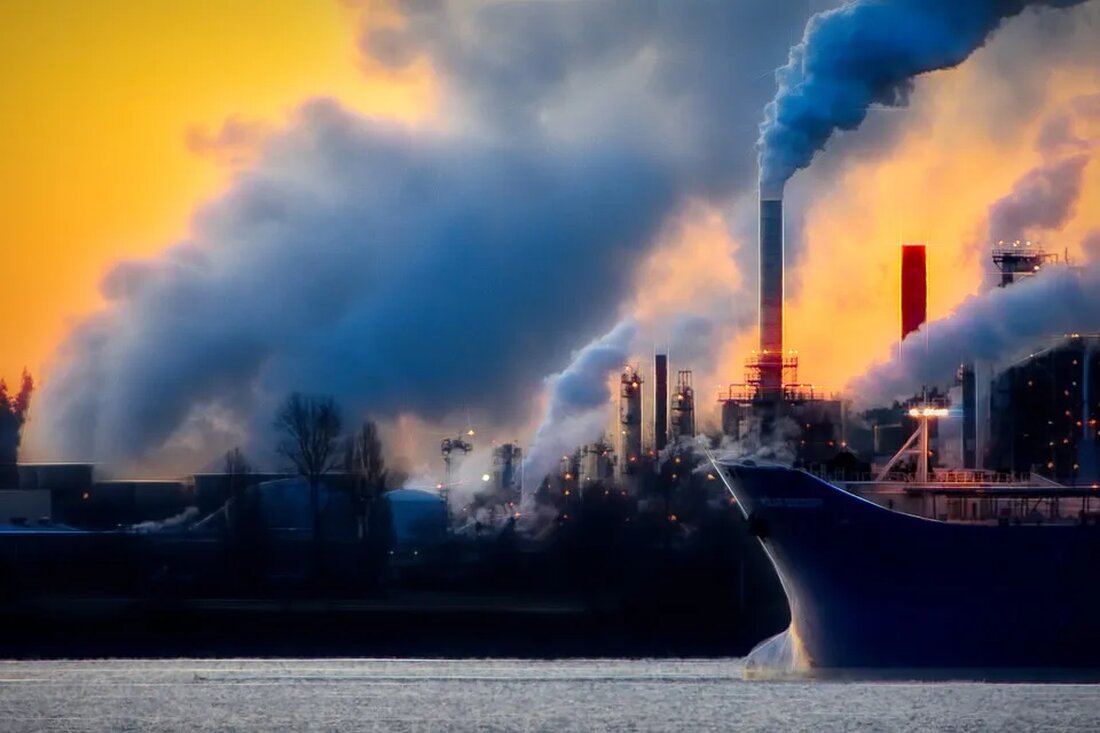Recycling: Myths and Facts
The necessity and importance of reuse of materials is inevitable today, in which we are confronted with strong pollution problems and the rapid reduction of resources. Recycling is an effective way of meeting these challenges. But there are many myths and misunderstandings around the topic of recycling that can make it difficult to deal with our resources. In this article we will uncover some of the most common myths and replace with facts to convey a clearer picture of recycling. Myth 1: Recycling is superfluous myth in detail. A widespread myth is the idea that recycling ...

Recycling: Myths and Facts
The necessity and importance of reuse of materials is inevitable today, in which we are confronted with strong pollution problems and the rapid reduction of resources. Recycling is an effective way of meeting these challenges. But there are many myths and misunderstandings around the topic of recycling that can make it difficult to deal with our resources. In this article we will uncover some of the most common myths and replace with facts to convey a clearer picture of recycling.
Myth 1: Recycling is superfluous
Myth in detail
A common myth is the idea that recycling is unnecessary because the amount of waste we produce is small compared to the amount of natural resources available to the earth.
Facts about the myth
In fact, humanity produces over 2.01 billion tons of waste every year. Of this, about 13.5% could be recycled, but currently is not^1^. A significant amount that underlines that recycling is by no means superfluous. Quite the opposite: recycling materials has many advantages, such as conserving natural resources and reducing greenhouse gas emissions caused by the manufacture of new products.
Myth 2: Everything that goes into the recycling bin is recycled
Myth in detail
The second myth conveys the false belief that all materials that go into the recycling bin are actually being recycled.
Facts about the myth
Unfortunately this is not the case. Not all materials that get into the recycling waste bucket can be recycled. Some are dirty or so badly damaged that they can no longer be attributed to the circulation. Some materials are technically very demanding to recycle, or the effort to recycle them exceeds the benefits. According to a study by the OECD, only about 42% of the waste in the industrialized countries in recycling systems^2^.
Myth 3: Each plastic can be recycled
Myth in detail
There is the widespread belief that every plastic can be reused once it is in the recycling waste bucket.
Facts about the myth
In truth, there are many different types of plastics and not all of them are suitable for recycling. Since they often consist of different components and are available in a wide variety of forms, many plastics are technically difficult to recycle. There are also certain plastics such as polystyrene and PVC that are rarely recycled because the costs and the effort for their recycling are high. According to German environmental aid, only 15.6% of all plastics are actually recycled in Germany^3^.
Myth 4: Recycling is energy intensive and pollutes the environment
Myth in detail
Another assumption is that the recycling system polluted nature and consumes more energy than if new products are produced.
Facts about the myth
While recycling actually consumes energy and causes CO2 emissions, these are usually smaller than those that arise when producing new materials. For example, the production of recycled aluminum consumes 95% less energy than the production of new aluminum, according to the "International Aluminum Institute"^4^. This means that recycling is not only efficient, but also environmentally friendly.
conclusion
Recycling is an extremely important and efficient tool for reducing waste and conserving our natural resources. It is essential to correct misconceptions about the topic and to anchor a realistic, informed image of recycling in society. This is the only way to promote the conscious, responsible use of our resources and for humanity to follow a more sustainable, ecological path.
Sources:
^ 1^ World Bank. (2018). "What a Waste 2.0: A Global Snapshot of Solid Waste Management to 2050."
^ 2^ Oecd (2021). "Municipal Waste."
^ 3^ German Environmental Aid (2019). "How much plastic is it recycled in Germany?"
^4^ International Aluminum Institute (2019). "Key Aluminum Facts."

 Suche
Suche
 Mein Konto
Mein Konto
